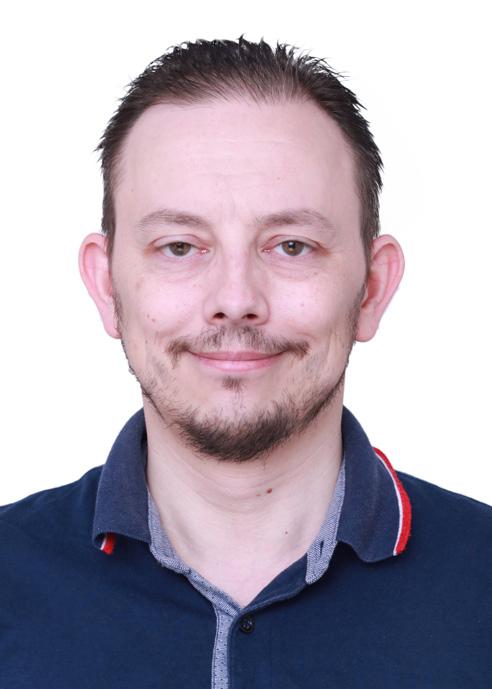Mario Andrea Marchis
School
School of Pharmaceutical Science and Technology
Professional Title
Associate professor
Contact Information
 15846331344
15846331344
 Mario@tju.edu.cn
Mario@tju.edu.cn
 Building 24
Building 24
Education Background
- Doctoral degree| ETH Zurich| Synthetic Biology| 2013
- Doctoral degree| University of Trento (Italy)| Physics| 2002
- Master’s Degree| University of Eastern Piedmont (Italy)| Physics| 1999
Research Interests
- Overall, building genetic biosensors demands a proper characterization of its basic components and the optimization of mechanisms for the regulation, in yeast, of transcription and translation processes. These are two important research directions in my Synthetic Biology lab.
- Biosensors designed on the computer are implemented in my lab into the yeast S. cerevisiae. Yeast is the simplest eukaryotic organism and, as such, a perfect candidate to develop theoretical models and build biosensors that might be used later into more complex hosts such as mammalian cell
- Biosensors detect one or more chemicals (inputs) in the cellular environment and, as a response, trigger the production of a clear output signal (e.g. fluorescence) or the activation of a pathway that establishes an interaction between the cells and the sensed chemicals.
- On the computational side I am working on the development of a stand-alone piece of software for the design of biosensors in living cells.
- Research in Synthetic Biology is both theoretical and applied. Circuits are first designed on the computer. They are associated with mathematical models such that simulations can drive their wet-lab implementation.
- Synthetic Biology is referred to as Life Engineering since it aims at modifying cells with the insertion of DNA circuits that carry out new, specific tasks. Possible applications are diagnostics, cure of disease, biofuel production, and environmental care.
Positions & Employments
-
2013.1-2018.1
Harbin Institute of Technology | Associate Professor in Synthetic Biology -
2003.1-2007.12
CILEA (Italy) | Analyst programmer
Academic Achievements
- Papers
- [1] Nucleotides upstream of the Kozak sequence strongly influence gene expression in the yeast S. cerevisiae.
- [2] CRISPR-Cas type II-based Synthetic Biology applications in eukaryotic cells
-
- [3] Can terminators be used as insulator into yeast synthetic gene circuits?
- [4] In silico design and in vivo implementation of yeast gene Boolean gates
- [5] Modular, rule-based modeling for the design of eukaryotic synthetic gene circuits
- [6] Automatic Design of Digital Synthetic Gene Circuits
- [7] Computational Design Tools for Synthetic Biology
- [8] Computational design of synthetic gene circuits with composable parts







